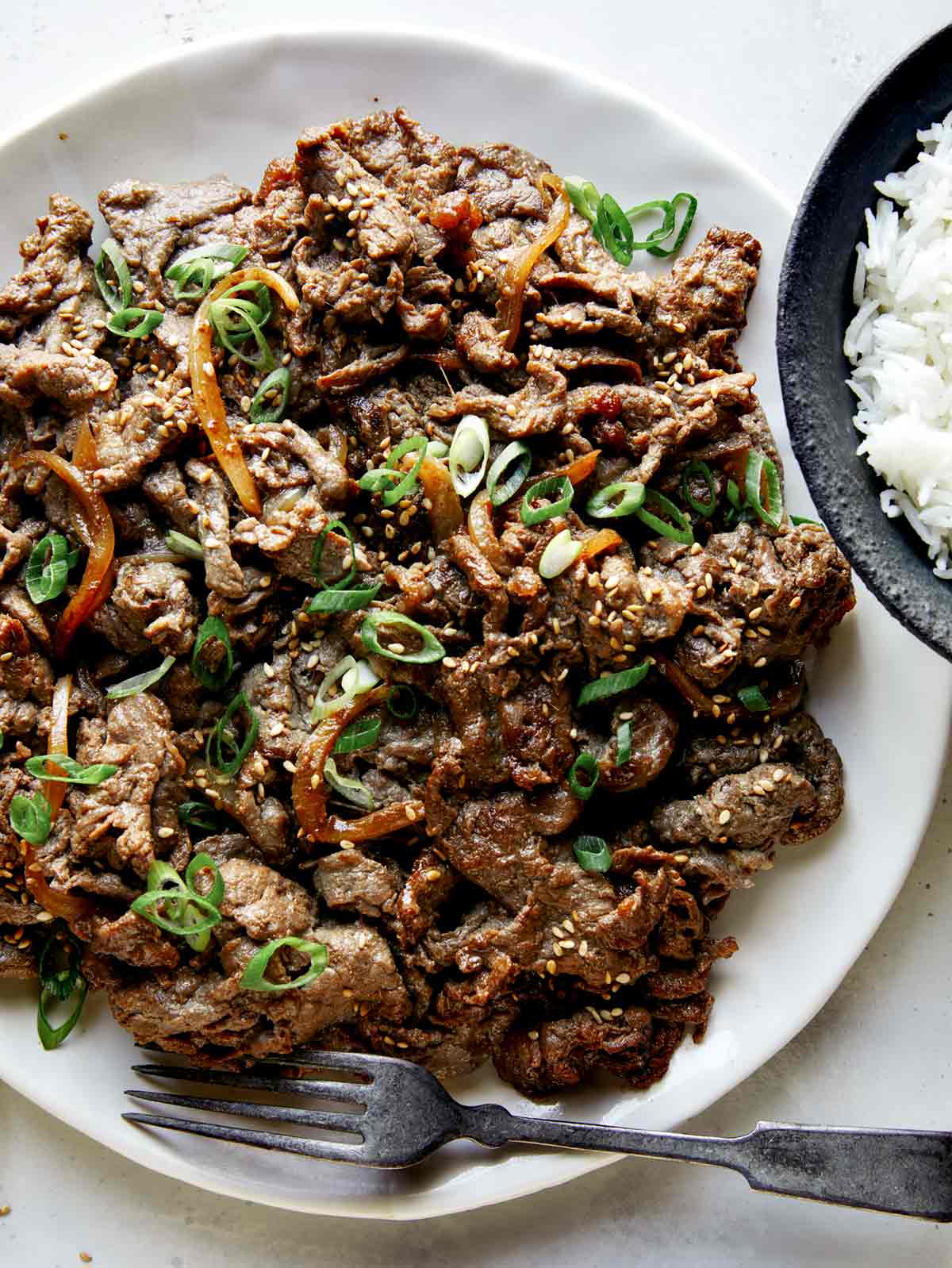Meat Cooking Strategies to Perfect Barbecuing, Roasting, and More
Meat Cooking Strategies to Perfect Barbecuing, Roasting, and More
Blog Article
From Farm to Table: Fresh and Costs Meat Choices
The trip of meat from ranch to table envelops an intricate interaction of high quality, principles, and sustainability. With a raising focus on fresh and superior choices, consumers are now more inclined to take into consideration the origins of their food, resulting in a renewed emphasis on lasting farming methods and animal well-being criteria. This shift not only boosts the dietary account of meat yet also sustains regional economic situations. The implications of these options extend far past individual health and wellness and local farming. What does this mean for the future of food systems and customer routines?
Understanding Meat Sourcing
As customers become significantly knowledgeable about the beginnings of their food, comprehending meat sourcing has actually acquired extremely important significance. Meat sourcing entails tracing the trip of meat from farm to table, including numerous elements such as farming techniques, animal welfare, and ecological impact. This recognition empowers customers to make enlightened choices that line up with their worths, particularly relating to sustainability and ethical considerations.
The sourcing of meat can differ considerably based upon multiple requirements, consisting of the sort of livestock, farming techniques, and geographical area. Grass-fed beef commonly comes from pasture-based systems that advertise pet well-being and reduce environmental deterioration. Alternatively, standard meat might involve intensive farming methods that increase worries pertaining to antibiotic usage and habitat destruction.
Knowing the specific farm or area where the meat comes from assists consumers guarantee quality and safety and security. Ultimately, understanding meat sourcing not just boosts customer choice but additionally cultivates liable usage and supports moral farming techniques.
Benefits of Fresh Meat
Choosing fresh meat offers countless benefits that prolong beyond flavor and appearance. Fresh meat commonly maintains higher nutritional worth compared to its icy or processed counterparts. It is frequently richer in essential nutrients, such as B vitamins, iron, and zinc, which are vital for preserving general wellness.
Furthermore, the sourcing of fresh meat often entails shorter supply chains, lowering the time between ranch and table. This implies that the meat is much less likely to shed its nutritional honesty during transportation and storage. In addition, consumers can experience enhanced preference and juiciness, which can raise culinary experiences.
Fresh meat also provides an opportunity for consumers to sustain regional farmers and promote sustainable agricultural techniques. When buying from neighborhood sources, people can add to their local economic situation and promote a better connection to the food they consume.
Last but not least, fresh meat is usually free from the preservatives and ingredients commonly found in refined choices. This makes it a cleaner, much healthier alternative for those aiming to decrease their consumption of fabricated active ingredients. On the whole, the advantages of picking fresh meat include health and wellness, taste, and a sense of community involvement.
Pet Well-being Specifications
Making sure high animal welfare criteria is crucial for both moral considerations and the quality of meat items. The therapy of livestock directly affects not only the ethical implications of meat manufacturing however also the overall top quality and security of the end items. Animals raised in gentle conditions are less worried, causing healthier pets and, subsequently, remarkable meat quality.
Rules and accreditations concerning pet welfare have actually ended up being increasingly significant in the meat market. These frameworks make sure animals are provided with ample area, proper nourishment, and humane handling throughout their lives. Practices such as pasture-raised systems and free-range environments add to better pet welfare by enabling animals to show natural habits, which is vital for their health.
Additionally, customers are ending up being more critical regarding the sources of their meat, leading to you can try this out a growing need for products that comply with stringent animal well-being standards. This change not just promotes moral farming practices however additionally motivates manufacturers to adopt actions that enhance the health and wellness and well-being of their animals. Meat. Eventually, focusing on animal well-being is not simply an ethical imperative; it is additionally a pathway to creating premium-quality meat that satisfies customer assumptions

Sustainable Farming Practices
Lasting farming practices play a crucial duty in enhancing both he has a good point animal well-being and the quality of meat products. By applying rotational grazing, farmers can promote healthy pasture ecological communities, allowing animals to feed on nutrient-rich lawns while protecting against overgrazing.
In addition, sustainable farming typically includes incorporated pest administration and organic feed choices, decreasing using hazardous chemicals. This technique not just safeguards animal health yet also results in cleaner, much safer meat items for customers. Water conservation techniques, such as rainwater harvesting and efficient irrigation systems, even more add to lasting techniques, making sure that sources are used judiciously.
Moreover, fostering biodiversity with polyculture systems and preserving environments for wild animals improves the durability of farming environments. By focusing on these sustainable techniques, farmers can create premium meat that satisfies consumer demand while promoting eco-friendly equilibrium. Inevitably, accepting sustainable farming practices is important for creating an extra liable and durable food system that benefits animals, farmers, and customers alike.
Deciding On High Quality Over Quantity
Frequently, customers are encountered with the problem of selecting in between amount and quality when it comes to meat items. While buying larger amounts might seem financially helpful, the long-lasting benefits of picking top notch meat far outweigh the prompt cost savings. Quality meat is frequently sourced from pets increased in sustainable atmospheres, where they are given correct nutrition and treatment, causing exceptional taste and nutritional worth.
Premium meats are generally without dangerous additives, hormonal agents, and prescription antibiotics that are usually present in mass-produced alternatives (Meat). This not only makes certain a healthier eating experience but additionally sustains ethical farming techniques that prioritize pet welfare. Furthermore, costs meats have a tendency to have a far better texture and taste, enhancing the general cooking experience
Purchasing top quality like this meat encourages consumers to value smaller sized portions, permitting for a more mindful strategy to eating. This change not just impacts individual wellness positively yet also promotes sustainable intake patterns that can benefit the environment. Finally, prioritizing high quality over amount when picking meat products fosters a much more liable and health-conscious lifestyle, ultimately enhancing both the eating experience and the earth.
Verdict

Report this page